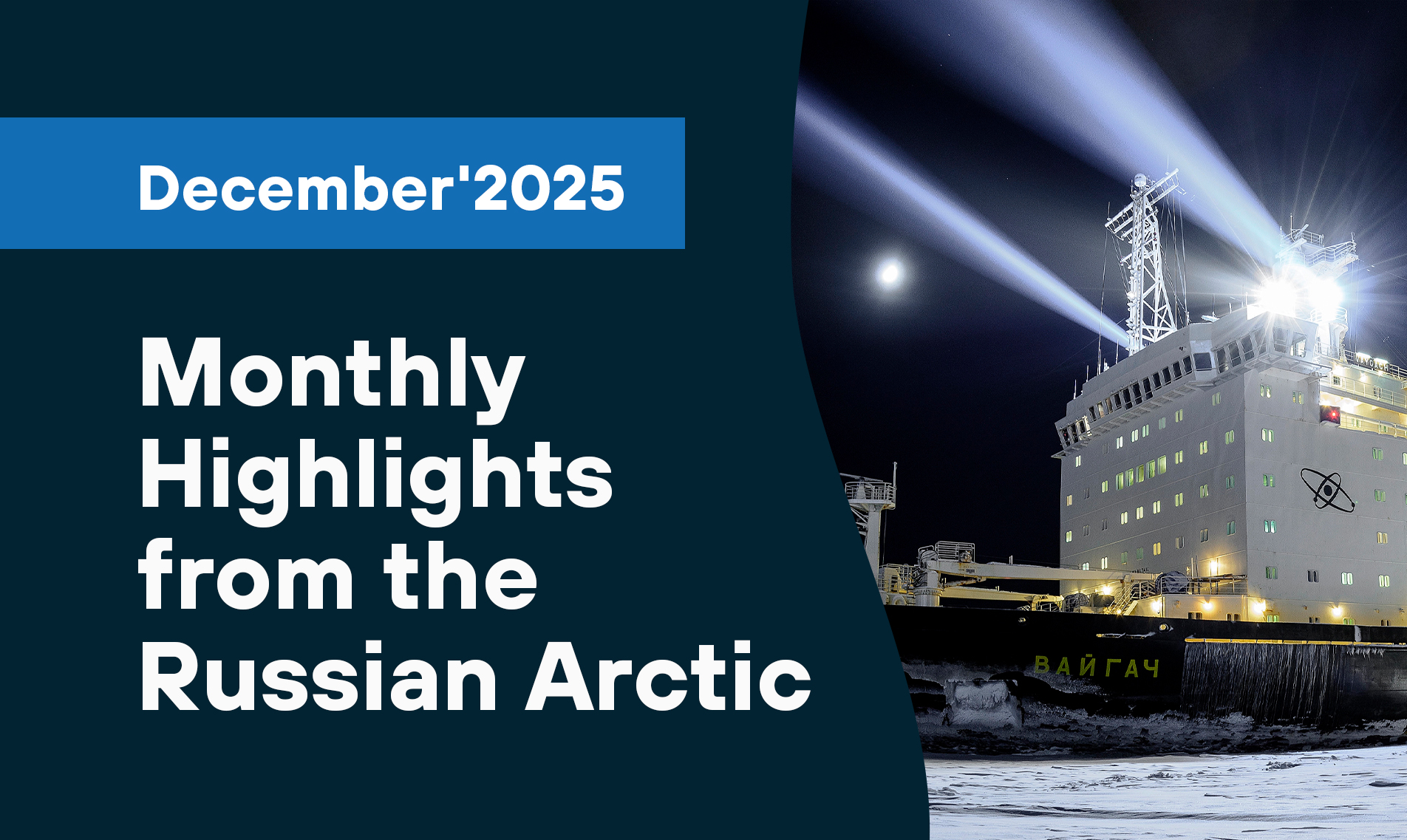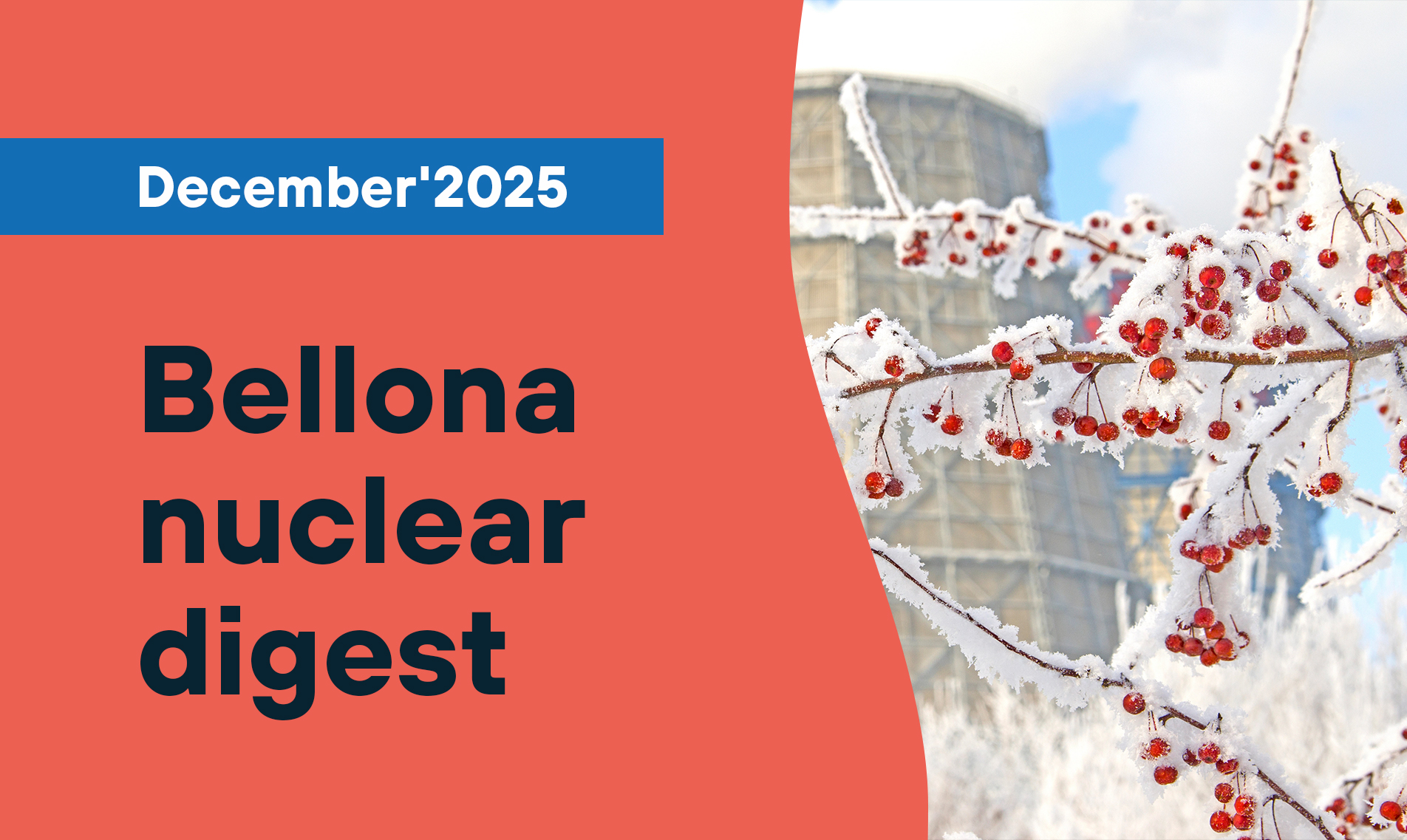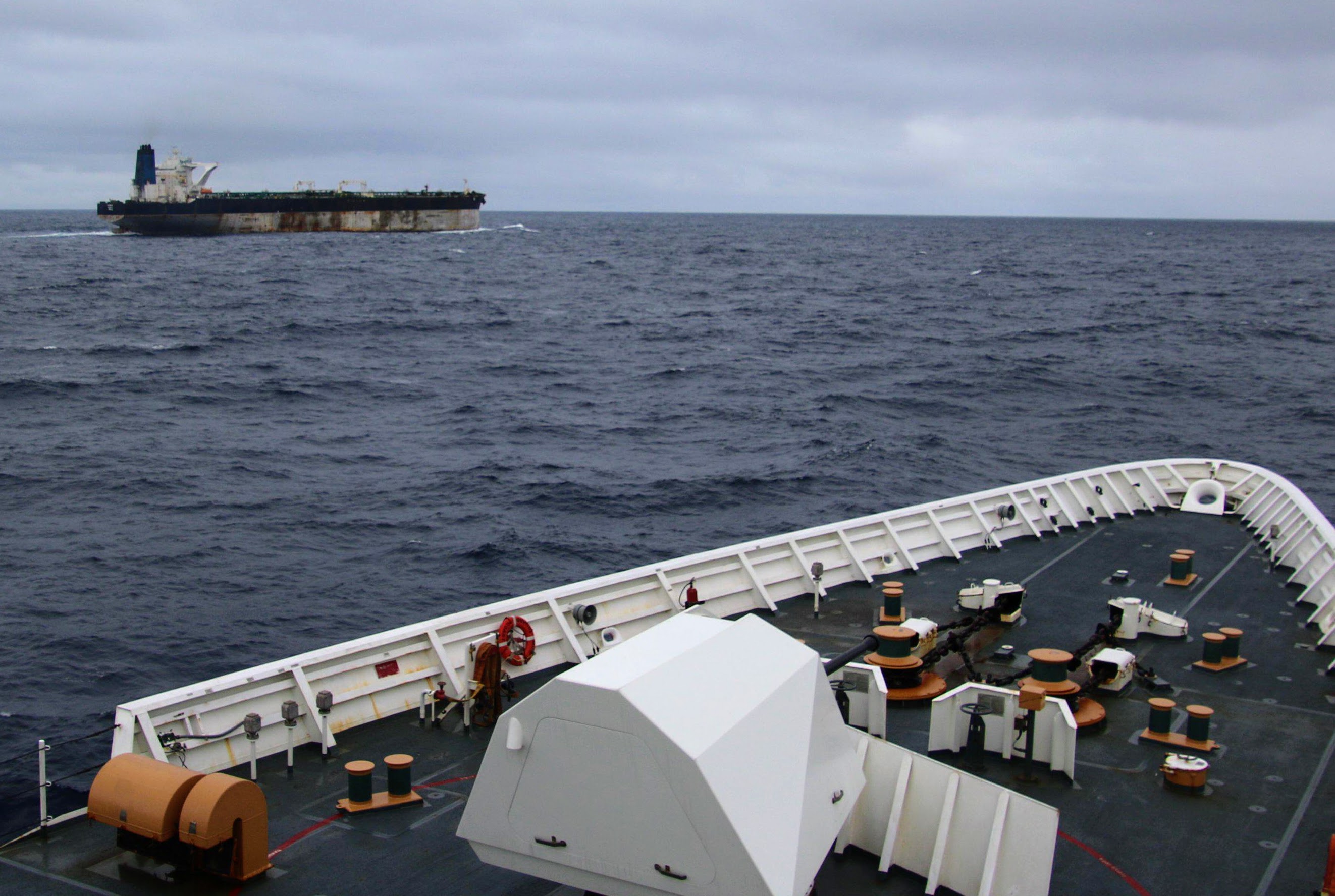
Monthly Highlights from the Russian Arctic. December 2025
In this news digest, we monitor events that impact the environment in the Russian Arctic
News

Publish date: 20/02/2024
Written by: Charles Digges
News
The Clean Arctic Alliance, of which Bellona is a member, has issued an open letter following its meeting with Arctic Council leadership, reiterating the urgency of combating black carbon and pressing the body’s Norwegian leadership to encourage broad measures for its reduction.
The letter, penned following a meeting of Alliance members with Morten Høglund, the Norwegian chair of the council earlier this month, sought again to underscore the urgency of pursuing Arctic emissions targets for black carbon, a particularly potent pollutant that accelerates Arctic melt.
“Black carbon emissions impacting the Arctic is a critical issue for the Clean Arctic Alliance and members, and we are pleased that it is a priority for the Norwegian Chairship” wrote Sian Prior, the lead advisor with the Clean Arctic Alliance.
“Agreement on a new black carbon target for Arctic States and observers is critical and we would be happy to provide support where we can. Black carbon emissions from shipping in the Arctic have doubled between 2015 and 2021 and it will be important that a new target recognizes the importance of reducing emissions from the shipping sector,” the letter added.
She added that concerted action by Arctic States at the UN’s International Maritime Organization (IMO) would be critical for achieving global black carbon emissions from ship — a measure that would be applauded by indigenous peoples in the Arctic, as well as non-governmental groups that have Consultative Status at the IMO.
The letter also highlighted the importance of developing zero-emissions energy strategies in the Arctic — an area of special importance to Sigurd Enge, Bellona’s senior shipping and Arctic advisor.
“As the Arctic climate rapidly changes, we need to develop all the options of how to combat the trend of black carbon,” he said. “To amplify the strategy of reducing these emissions is probably the most efficient and achievable measure to use.”
Enge says that exploring how alternative energies can substitute the use of oils and gas as Arctic shipping fuel is an additional area where the Arctic Council can play an important role.
“The Council can help establish a better common knowledge base for production, distribution, and use of alternative energy in the Arctic,” said Enge. “When fossil fuels are not an option for the future, we need to cooperate to find the new path for energy, and the Arctic Council is the right international body to lead this.”
The Clean Arctic Alliance letter comes at an important moment for the Council, whose eight-nation membership has been in turmoil since Russian invaded Ukraine in February 2022. At that time, Russia held the two-year rotating chairship of the organization. But government-level contact and cooperative scientific work between Moscow and the Council’s other seven members — Canada, Denmark, Finland, Iceland, Norway, Sweden, and the United States— were effectively frozen in the wake of Russia’s attack, now in its second year.
Norway, which assumed the Council’s chairship last May and will hold it until 2025, has sought not only to reinvigorate environmental discussions that were sidelined during Russia’s leadership, but also to carefully attempt to bring Russia back into the fold.
“Russia is, and has always been, a constructive member of the Council,” Solveig Rossebø, Norway’s current senior Arctic official, told the Arctic-based news site High North on the eve of the Arctic Frontiers conference in Tromsø, Norway late last month.
But last week, Russia’s foreign ministry told state news agencies that Moscow would be suspending its annual payment to the Arctic Council until “real work” within the forum resumes — an apparent dig at ongoing apprehensions among some Council nations toward Russia’s full participation.
Bellona’s Yury Sergeev said Russia’s new stance is throwing a wrench in the works of the Council’s progress.
“What happened, of course, is a wake-up call, but should not be seen as anything other than political blackmail. The same statements and actions by Russia preceded its withdrawal from other international cooperation organizations. Cooperation has never been the main goal for Russia — what was important is the fact of public recognition of the Russian Federation as a key player in the international arena,” Sergeev said.
“No matter how this political crisis in the Arctic Council is resolved — whether Russia comes out and creates an alternative council with the participation of the BRICS countries, whether the status quo is maintained or whether a constructive solution is found – we are wasting time! The Arctic only loses from this, and along with it all of humanity,” he added.
Black carbon is composed of small light-absorbing graphite particles produced by diesel engines such as those found on cargo ships and tankers that ply Arctic waterways, and they are a major cause of climate change. In the Arctic, the accrual of these emissions is visible as soot coats on the polar icecap, absorbing rather than reflecting solar radiation.
That very melting has also caused a spike in maritime traffic through the Northern Sea Route — a 5600-kilometer navigation artery running along Russia’s Arctic coast — leaning to yet more soot deposits on the polar ice cap.
According to the Alliance’s Prior, shipping through the Arctic between 2015 and 2021 doubled. Her follow-up letter to Høglund emphasized that, unless an agreement to cap soot emission in shipping is reached among Arctic nations, the cycle will continue.
The Clean Arctic Alliance is a global alliance consisting of over 20 international organizations with the aim of protecting the Arctic from pollution from heavy fuel oil in the region. Among its members aside from Bellona are Greenpeace, Alaska Wilderness, Clean Air Task Force, the WWF, Pacific Environment, the European Climate Foundation and the Council for Green Transition.

In this news digest, we monitor events that impact the environment in the Russian Arctic

Bellona held a seminar on countering Russian disinformation in the Arctic at the Arctic Frontiers international conference in Norway

A monthly analytical review offering expert insight into key developments in nuclear policy, economics, safety, and technology related to the activities of Rosatom in Russia, Ukraine, and other countries

The oil tanker Marinera, detained on January 7 by the U.S. Coast Guard, has no direct connection to Russian resource extraction projects and is linked to Hezbollah. Russia attempted to hide it in the port of Murmansk